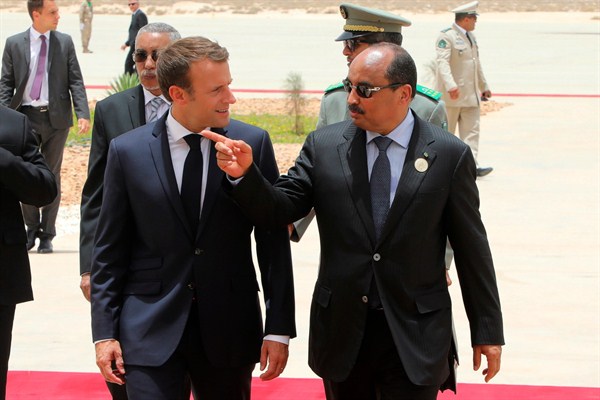Last Friday, the day before voters in Mauritania went to the polls for parliamentary, regional and local elections, United Nations Secretary-General Antonio Guterres said in a statement that he would be “closely following developments” in the West African country. In particular, he called on “all parties” to “allow for the participation of all interested stakeholders.”
By that point, however, this wish was already out of reach. That’s because in early August, Biram Dah Abeid, a prominent opposition politician, was arrested at his home by police officers who reportedly said they were executing “an order that came from above.” Abeid remains behind bars, meaning he was unable to actively participate in his bid for a parliamentary seat.
The case against Abeid concerns a complaint filed by a journalist who says Abeid threatened him. But Tona K.E. Thiam, a senior adviser to Abeid, says there’s no question in his mind that the case is politically motivated. Indeed, Abeid’s political activities have resulted in his incarceration several times in the past. A celebrated anti-slavery campaigner, he has received awards from the State Department, the United Nations and many independent organizations, drawing attention to a persistent societal scourge that Mauritanian officials are loath to acknowledge.

